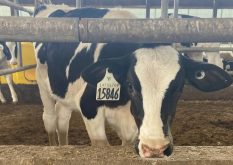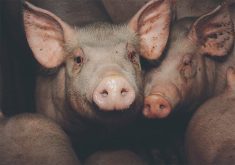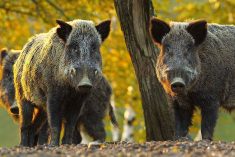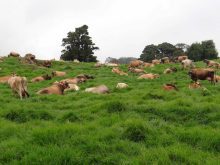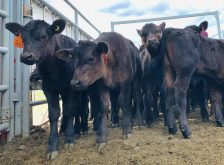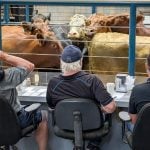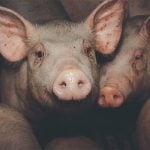Canada and South Korea are still talking free trade, but Australia has sealed a deal.
Australia and South Korea have signed a free trade agreement (FTA) that will eliminate tariffs of up to 300 per cent on Australia’s major exports, notably agricultural products and resources, Australian Prime Minister Tony Abbott said Dec. 5
Earlier last week the Canadian Cattlemen’s Association reported that free trade talks between Canada and South Korea, stuck on the back burner for months, had resumed with what appeared to be renewed interest in a deal.
Read Also
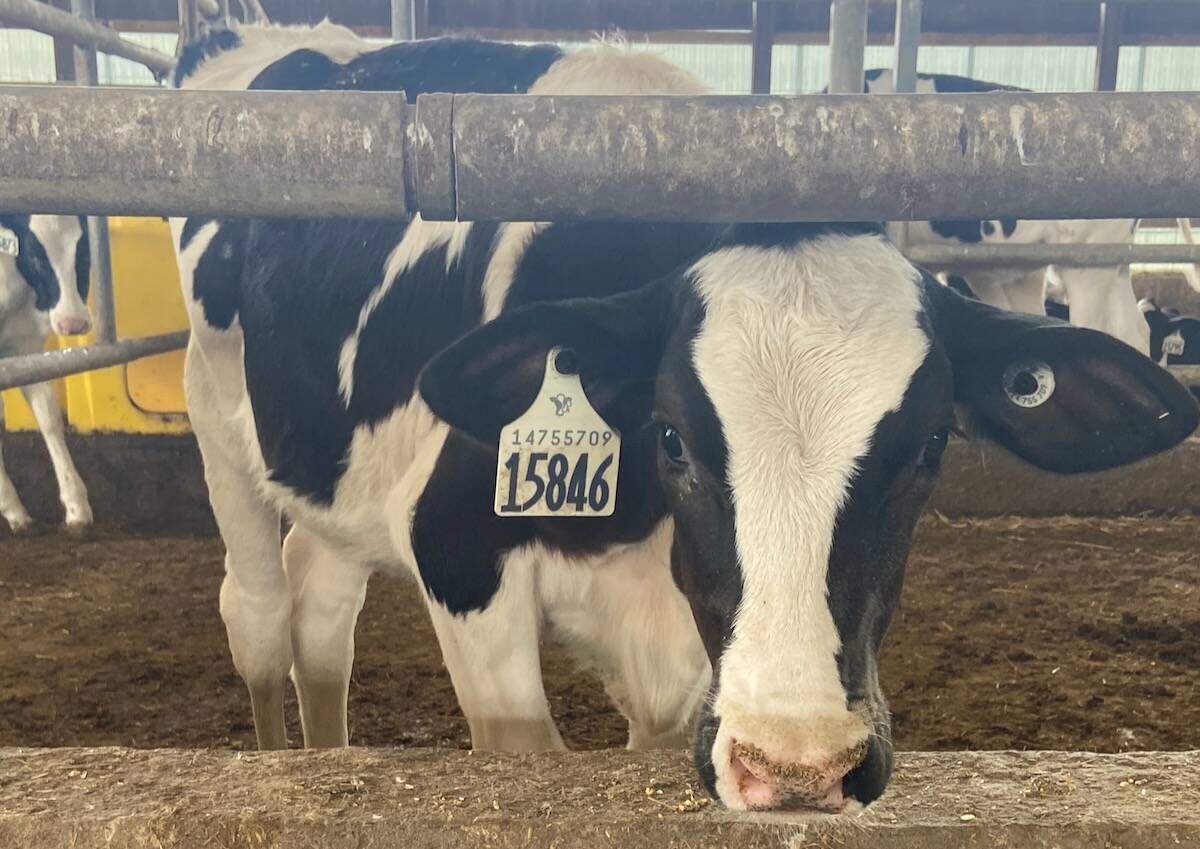
Rural municipalities push legalization of raw milk onto provincial agenda
Drinking raw milk comes with numerous risks, but proponents of a proposed amendment to Alberta’s Food and Drug Act say legalizing its sale could be a boon for small farms in the province.
On Dec. 4 the Yonhap news agency, quoting the South Korean government, reported that trade ministers of South Korea and Canada had agreed to work toward early conclusion of a bilateral free trade agreement. The two met at World Trade Organization talks in Bali, Indonesia, last week.
“Minister Yoon Sang-jick and Canadian Minister of International Trade Ed Fast noted that there had been significant progress in negotiations for the Korea-Canada FTA,” Ministry of Trade, Industry and Energy said.
The U.S. and South Korea signed a free trade agreement last year, and Australia’s beef farmers had become increasingly concerned about losing market share to the U.S. It offered a 5.3 per cent lower tariff than Australian beef and veal. The tariff on U.S. beef would be eliminated over 15 years.
“The deal is significant for beef,” Matt Linnegar, chief executive officer of the Australian National Farmers Federation told Reuters from Indonesia. “The differential between Australia and the U.S. stands at about five per cent… but it would have been eight per cent next year without the deal so we would have been at an increasing disadvantage.”
The tariff on Australian beef will also be removed in 15 years. Until then Australian beef will face a higher tariff than shipments from the United States, but farmers said they will remain competitive.


